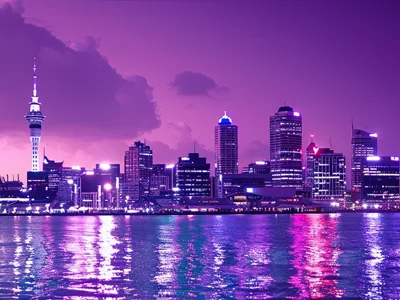The country is setting up the framework to allow online casinos
New Zealand is on the verge of a major shift in its online gambling market as the government moves forward with plans to regulate and license online casino operators. This initiative aims to replace the current system, where offshore gambling platforms operate freely without oversight. By introducing a structured licensing model, authorities hope to create a safer environment for players while generating tax revenue that has long been lost to unregulated foreign operators.
Internal Affairs Minister Brooke van Velden has confirmed that the government will issue 15 online casino licenses through an open bidding process. This marks the first time New Zealand has taken steps to regulate the sector, allowing both domestic and international operators to enter the market legally.
The new rules will require licensed companies to pay a 12% gambling tax, GST, and a problem gambling levy. However, they will not be obligated to contribute community grants, which has sparked frustration among some local stakeholders.
One of the most significant changes is that unlicensed offshore operators will no longer be allowed to target New Zealand consumers. Those caught doing so could face penalties of up to $5 million. While this move is intended to protect players and ensure responsible gaming practices, it has also drawn criticism from existing local gambling businesses.
Companies like SkyCity and the TAB argue that the introduction of 15 licenses could flood the market with international operators, leaving domestic businesses at a disadvantage. They have called for a more restricted model, with SkyCity suggesting a cap of five licenses to favor those with a local presence.
Despite the concerns, van Velden has dismissed the idea of limiting access to local companies, stating that it would conflict with international trade agreements. She also defended the decision to exclude mandatory community grants, arguing that public services should not rely on gambling revenue.

